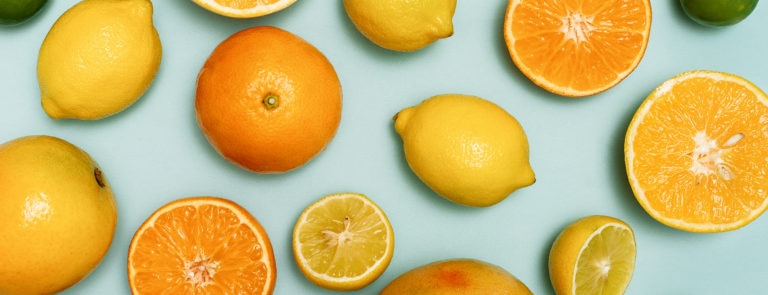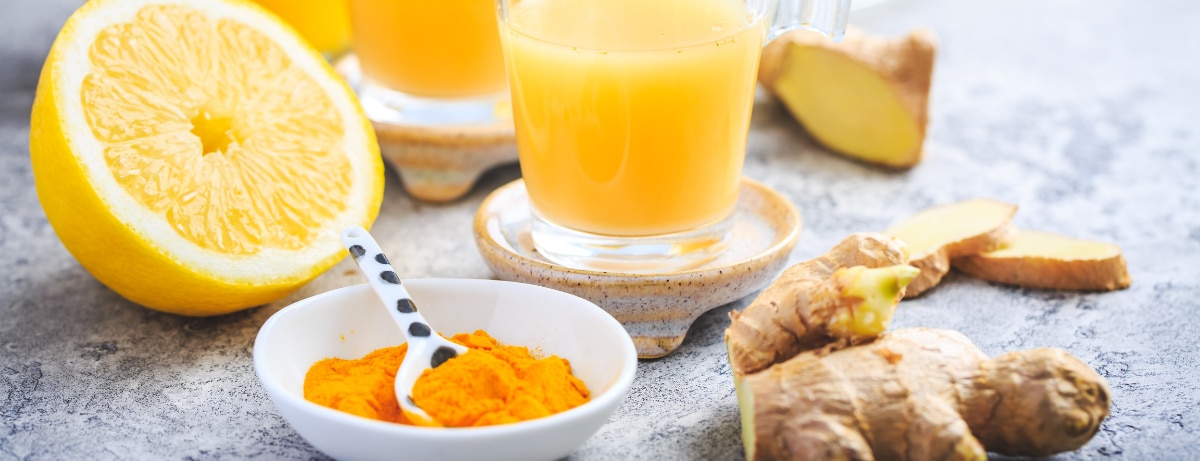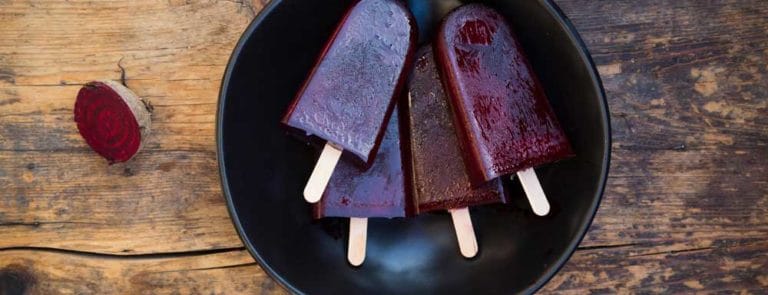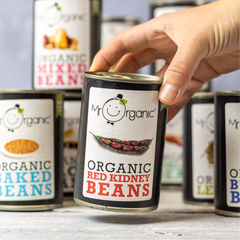B&C
|Code BARRETT15
Carousel main title
Main title
8 of the best sources of vitamin C

Your guide to vitamin C including the best sources of vitamin C, including vitamin C foods and why you need it too support your immunity.
In the past, poverty and a lack of understanding of basic nutrition meant that many people developed severe vitamin deficiencies which caused significant health problems, even death.
One such health problem was scurvy – a severe vitamin C deficiency caused by getting no vitamin C at all for at least 3 months.1
Luckily, knowledge of our need for vitamins has come a long way – as has our access to fresh food.
Understanding of the importance of vitamin C began when 18th century physicians discovered that giving lime juice, a fruit with vitamin C, to sailors during long sea voyages stopped them from getting scurvy. Vitamin C itself wasn’t identified until the 1930’s, with the discovery of ascorbic acid (another name for vitamin C).2
Vitamin C received lots of publicity in the 1970’s following research into its effects. It was widely thought that consuming large amounts of vitamin C could stop you getting the common cold.3
Thanks to this research which specifically mentioned oranges, the vitamin C in oranges was considered the gold standard and became a firm favourite among people hoping to support their immunity and general health.
Today, the benefits and limitations of vitamin C are very well understood, with its proven functions actually quite impressive.
What does vitamin C do?
Vitamin C is involved in a variety of processes within the body.- Collagen production – vitamin C is one of the substances needed by the body to make collagen – the fibrous protein which makes up skin, bones, teeth and blood vessels
- Antioxidant - it is a potent antioxidant which protects against free radicals and environmental damage4
- Immunity – vitamin C is well known to contribute to the normal function of the immune system5
- Nervous system – vitamin C contributes to the normal functioning of the nervous system. This are the brain and the spinal cord – collectively known as the central nervous system – which controls most functions in the body6
- Aiding absorption – vitamin C significantly enhances iron absorption. Drinking tea and coffee or eating products containing lots of calcium (such as milk) inhibits the absorption of iron – but combining them with a food with vitamin C may reverse the inhibiting effect of these substances7
Good sources of vitamin C
Adults need a minimum of 40mg of vitamin C a day.8 Luckily, there are many types of food high in vitamin C.- Red pepper – you may be surprised oranges aren’t first on the list, but red peppers are the best source of vitamin C with 95mg per serving
- Oranges – oranges are still one of the very best foods with vitamin C with one orange packing 70mg per serving. Orange juice is more concentrated so has more – 93mg per serving
- Grapefruit juice – whether you love or hate the bittersweet taste, there’s no denying grapefruit juice contains lots of vitamin C at 70mg per serving. Grapefruits themselves have slightly less, with 39mg per serving
- Kiwi fruit – 1 medium kiwi contains 64mg vitamin C, which provides plenty for your daily needs.
- Broccoli – just a small serving of broccoli contains 51mg vitamin C
- Strawberries – a portion of strawberries comes in at 49mg vitamin C
- Potatoes – one of the more unlikely vitamin C rich foods, there’s around 17mg in a medium baked potato
- Tomato – a medium sized tomato also contains 17mg vitamin C9










